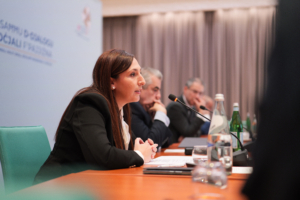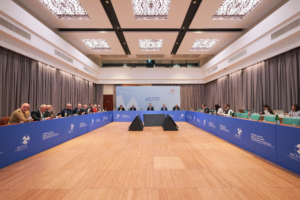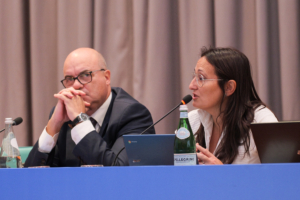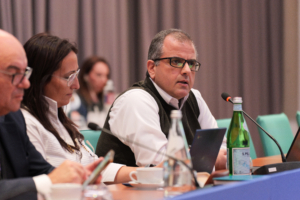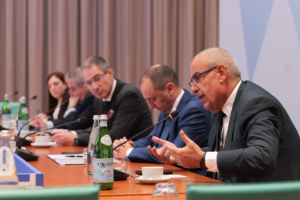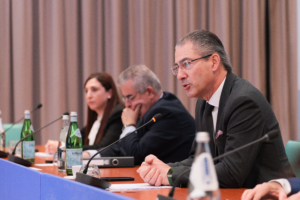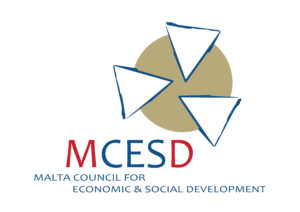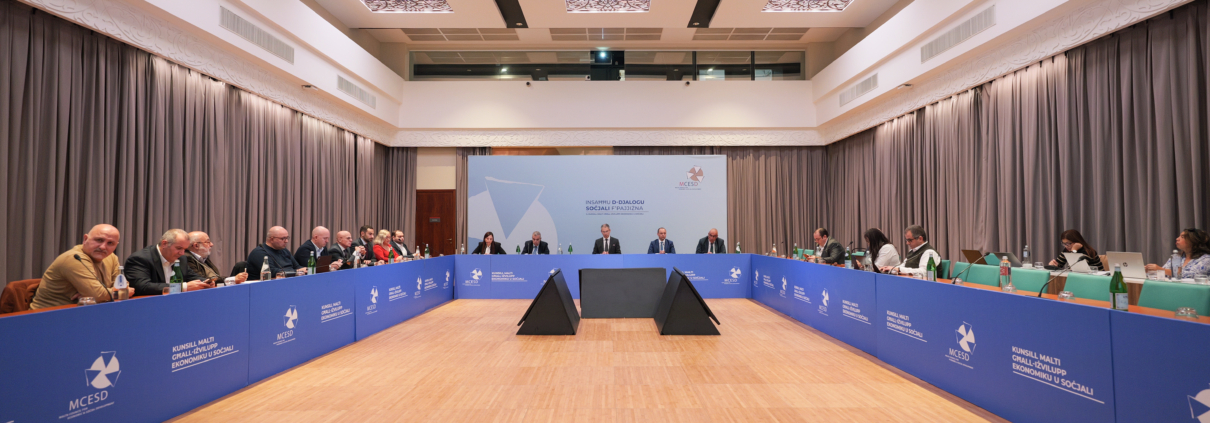The National Anti-Poverty Strategy Presented to MCESD
Discussions at the MCESD meeting focused on Malta’s National Strategy for Poverty Reduction and Social Inclusion.
Discussions centred on Malta’s National Strategy for Poverty Reduction and Social Inclusion, reflecting the nation’s aspired commitment to fostering dignity, opportunity, and empowerment for all.
In a presentation by the Ministry for Social Policy and Children’s Rights, the Social Vision 2035 strategy was presented as a transformative plan, aiming to position Malta among EU countries with the lowest at-risk-of-poverty rates by 2030. The proposed strategy integrates tailored support measures, inclusive education initiatives, and enhanced social benefits, ensuring no one is left behind.
The MCESD Chairperson, Perit David Xuereb, commended the strategy’s ambition, stating, “Addressing poverty and promoting social inclusion require a collective effort. Through active social dialogue, we can ensure that this strategy not only achieves its goals in a tangible manner but also reflects the voices of all stakeholders, strengthening Malta’s social fabric.”
The strategy aims to combat poverty and social exclusion through policies, long-term action plans, and initiatives focused on education and training.
Minister for Social Policy and Children’s Rights, Michael Falzon, stressed the importance of continued dialogue, noting that the strategy was developed based on scientific studies and direct engagement with key partners. He highlighted the importance of addressing societal challenges such as loneliness and mental health, underscoring the critical role of non-governmental organisations (NGOs) and the church in supporting the most vulnerable. He affirmed the government’s commitment to strengthening these partnerships for maximum impact.
Parliamentary Secretary for Social Dialogue, Andy Ellul, emphasised the value of consultation with social partners to make the strategy more comprehensive and inclusive. He described poverty and social exclusion as profound challenges that hinder individual and societal well-being. He highlighted the need for early intervention to ensure that no one is left behind.
This strategy represents a collaborative effort to create a stronger, more inclusive society, addressing the roots of poverty and promoting equality for all citizens.
Social partners also voiced their support and recommendations for the strategy, emphasising the importance of their involvement through MCESD. They acknowledged the initiative as a key driver for Malta’s socioeconomic progress and a step toward a more inclusive future.
Photos:
